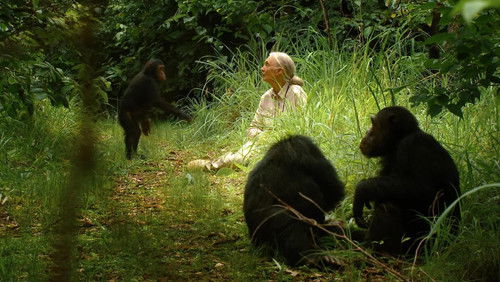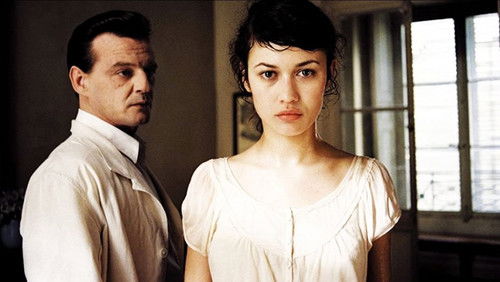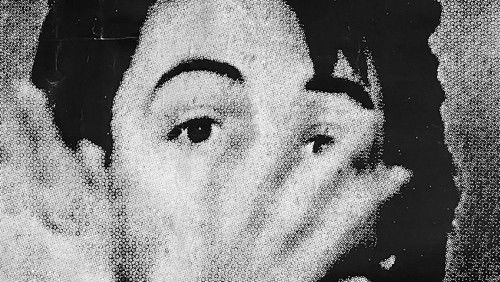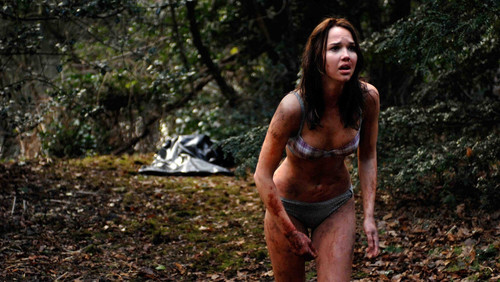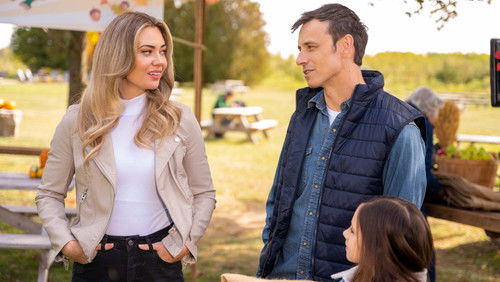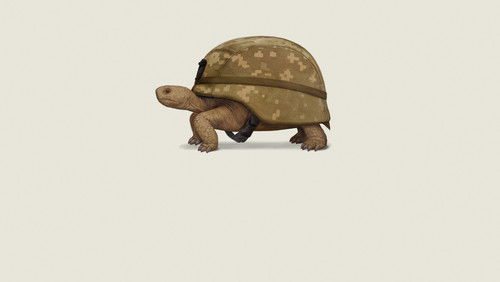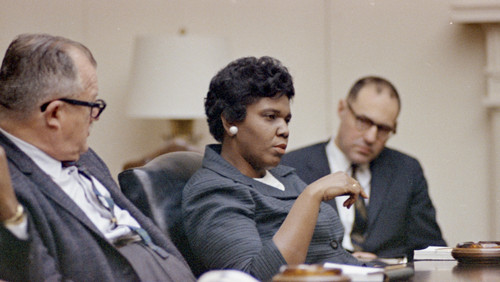Wil (2023)
60KWil (2023). 1h 50m
“Wars are mostly perceived as morally unambiguous. The Russians are the bad guys, the Ukrainians are the good ones. Before that, the communists were bad and the west was good. And before that, the Germans were the villains and the resistance fighters were the heroes.u003cbr/u003eu003cbr/u003eIn reality, itu0026#39;s not always clear cut. Who is bad and who is good is sometimes the result of mere circumstances. Of meeting certain people, of doing certain jobs. This is what the Flemish film u0026#39;Wilu0026#39; is about. It shows how in Antwerp during the second World War, some people helped the Germans and the resistance fighters at the same time. Not because they couldnu0026#39;t decide what was morally wrong or right, but because circumstances forced them to, and because deep down, they preferred to stay on the sidelines.u003cbr/u003eu003cbr/u003eWil, the main character, is a low-ranking policeman in Antwerp who gets involved in an incident with a German officer. It can cost him his life. Most of the film shows how he tries to cope with this fact, and how people around him make various choices, thus influencing his own fate. The ending of the film is very dramatic, and illustrates how making moral choices differs from not doing that. Deciding not to stay on the sidelines can have an extreme impact.u003cbr/u003eu003cbr/u003eThe film is beautifully shot in dark, sombre colours, accentuating the difficulties of the war years. The acting is top notch, which shouldnu0026#39;t surprise because the cast consists of some of the best Flemish actors. This is a different kind of war movie, which inevitably makes every viewer wonder which choices he or she would have made. And to that question, there are no easy answers.”
